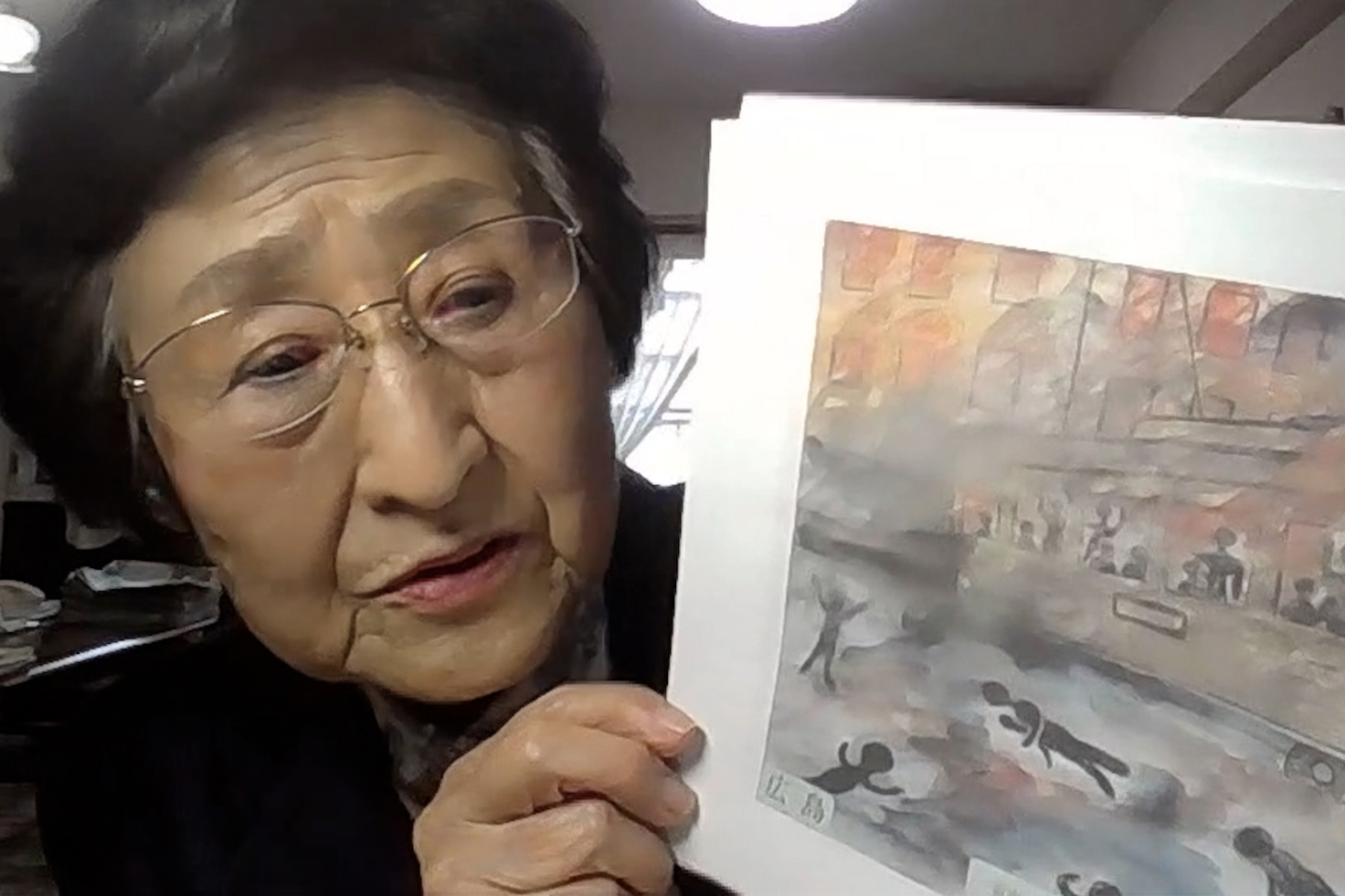
Sarepta Shares Fall After EU Regulator Rejects Gene Therapy
(Bloomberg) — Sarepta Therapeutics Inc. shares plunged after European regulators rejected its gene therapy Elevidys, intensifying scrutiny on the drugmaker after it was pressured to halt shipments of its treatment in the US.
The Swiss drugmaker Roche Holding AG markets the treatment outside the US and had applied for the European approval in younger children who could still walk. In its decision announced Friday, the European Medicines Agency’s drug advisory committee cited a lack of proof that Elevidys is effective in patients with Duchenne muscular dystrophy. Roche’s shares fell as much as 1.7% in Zurich.
Sarepta, which holds the rights to US sales for Elevidys, gets royalties from international sales and potential bonus payments for overseas approvals. Sarepta’s shares sank as much as 14% Friday morning in New York. The US drugmaker’s fate is closely tied to the success of Elevidys, which is its top-selling drug. Sarepta’s stock had tumbled 89% this year through Thursday’s close after a series of blows with its treatments.
RBC Capital Markets analyst Brian Abrahams estimated that Sarepta would have received a $100 million milestone payment if Elevidys was approved in Europe. Such payments are critical as the company stares down $1.2 billion of debt due in 2027. The company warned in filings earlier this year that it may not have enough cash flow to pay that obligation. Management recently announced plans to cut a third of its workforce to reduce costs. Abrahams expects the company may need to cut costs further.
Earlier this year, two teenagers who took Elevidys died of liver failure, leading the company to stop selling it to children and adults with Duchenne muscular dystrophy who could no longer walk. After a third person died of liver failure on a similar, experimental drug, US regulators asked the company to stop use of Elevidys in patients who could still walk as well. Typically with Duchenne muscular dystrophy, patients lose the ability to walk as they get older and the disease progresses.
In an unusually defiant move, Sarepta at first refused the regulators’ request to halt shipments of its drug in the US. The drugmaker ultimately capitulated on Monday. Roche has also paused shipments in jurisdictions that reference the FDA for approval.
On Friday, Roche confirmed it won’t start selling the drug in Japan, where it was approved but not yet launched. Roche’s local partner Chugai reached that decision with Japanese health officials, who are investigating the treatment’s safety in light of the latest news. On Thursday, Brazil’s health agency also said it would suspend use of the drug, citing the US deaths.
Roche said it would explore a potential path forward with the EMA. The company is entitled to an appeal within 15 days of receiving the opinion.
The European agency said Friday it rejected Elevidys because a study in 125 children failed to show the therapy had an effect on their ability to move after 12 months. Both patients who got a placebo and patients who got the therapy showed improvements on a standard assessment of mobility, the agency said, and the small difference between the two groups could have been the result of chance.
The chances of a successful reexamination are “likely to be low” given follow-up data from that study doesn’t have a placebo group so it isn’t likely to strengthen the drugmaker’s case, Abrahams said.
–With assistance from Robert Langreth and Rachel Gamarski.
(Updates with new information throughout)
©2025 Bloomberg L.P.


































